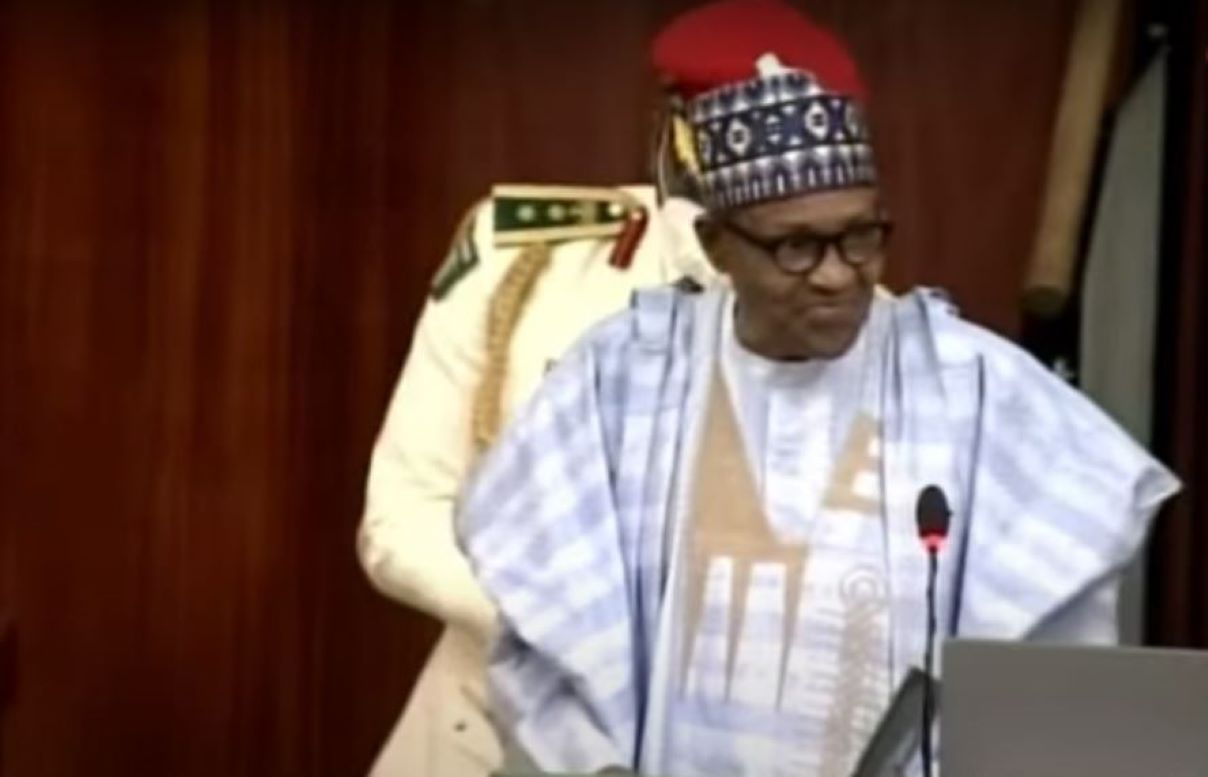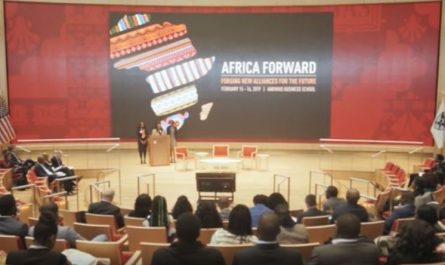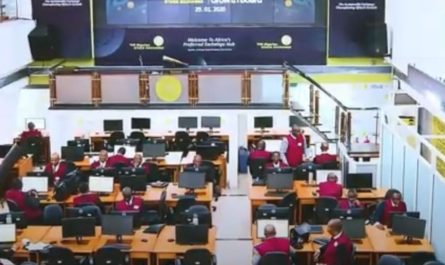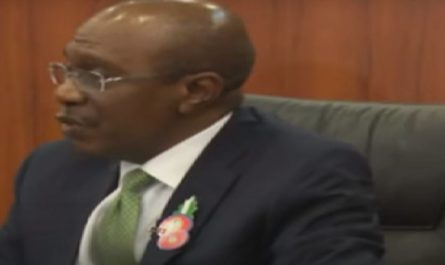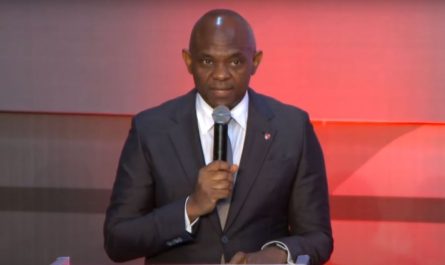Nigeria’s petroleum industry bill, PIB, has been in dispute for close to two decades. On Monday, President, Muhammadu Buhari, signed it into law despite objections from stakeholders that remain unsolved.
Femi Adesina, Special Adviser to the President, Media and Publicity who announced it said that “the Petroleum Industry Act provides legal, governance, regulatory and fiscal framework for the Nigerian petroleum industry, the development of host communities, and related matters.”
The Petroleum Industry Bill, PIB issues
The clauses of the PIB have become controversial amongst activists, host communities and fuel marketers.
- President Muhammadu Buhari signs Petroleum Industry Bill, (PIB) 2021
- PIB: Timipre Sylva says dis-functional refineries one of the reasons for subsidies
- Foreign oil firms approach Dangote for stake in the forthcoming refinery
The monopoly of fuel marketing by Dangote
The PIB provides that Dangote refinery will effectively take a monopoly over fuel and petroleum product importation into Nigeria.
So far, the PIB restricts petroleum products importation license to certain entities including Dangote and the NNPC.
The Host Communities
The host communities are pressing for a bigger portion of oil revenue.
The signed bill states that host communities in the Niger Delta will get 3% of oil revenue, while exploration of oil and gas in northern states, gets 30%.
This rate is lower than the demands of the representatives of the communities. More so, it was reduced from the 5% level in an earlier version of the bill presented by the lower house of parliament.
As part of its development benefits structure and set-up, the PIB designates a petroleum development trust for host communities.
The PIB provides that oil companies operating in the area will be liable for the establishment and governance of the trust. It also empowers them to pick the members of the trust and other governing parties.
Host communities further argue the results in the method, saying that it hoists the role of oil companies.

